For two weeks from November 30, world leaders, experts, scientists and financiers will converge on the United Arab Emirates (UAE) for the most important annual UN climate change meeting. Here are the five key issues to be negotiated at COP28:
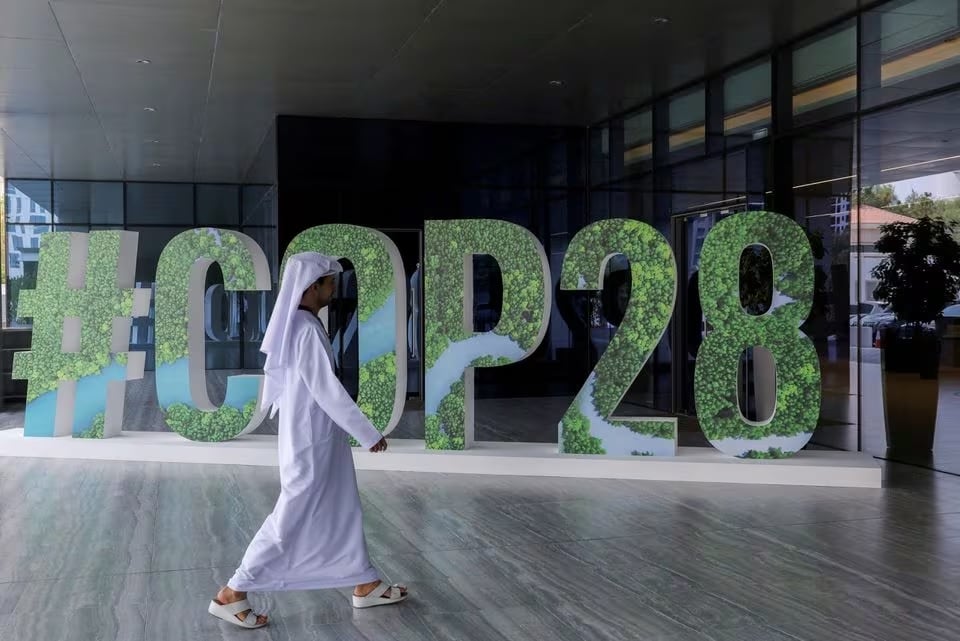
The 2023 United Nations Climate Change Conference (COP28) will take place from November 30 to December 12 in Dubai, UAE. Photo: Reuters
1. Global stocktake under the Paris Agreement
This is the first time since the Paris Agreement was adopted in 2015 that countries have been asked to demonstrate their progress in meeting their climate goals. The global inventory is a mandatory process under the Paris Agreement that checks every five years on countries' progress in meeting their emissions reduction targets.
Under it, countries set initial emission reduction targets and must update them with improved performance every five years. The next commitments will take place in 2025.
The UN describes the inventory as “aimed at taking a broad, long-term view of the state of the planet and charting a better path forward”. Over the past two years, the UN has been collecting the data needed to produce the global inventory.
Essentially, the COP28 conference aims to put the world on track to meet the goals agreed in 2015 to limit global warming to 1.5 degrees Celsius. To do that, the world's emissions need to be cut by almost half.
2. Eliminate fossil fuels
Twelve months after the COP27 talks in Egypt, the Earth appears to be continuing to rage and warming rapidly. Science points to human activity as the main cause of climate change, which is increasing the frequency of extreme weather events.
Earth just recorded the hottest three-month summer period ever in the Northern Hemisphere (June to August). 2023 is also on track to be the second hottest year in recorded history. Record-breaking heatwaves were felt across Europe. This led to wildfires and storms.
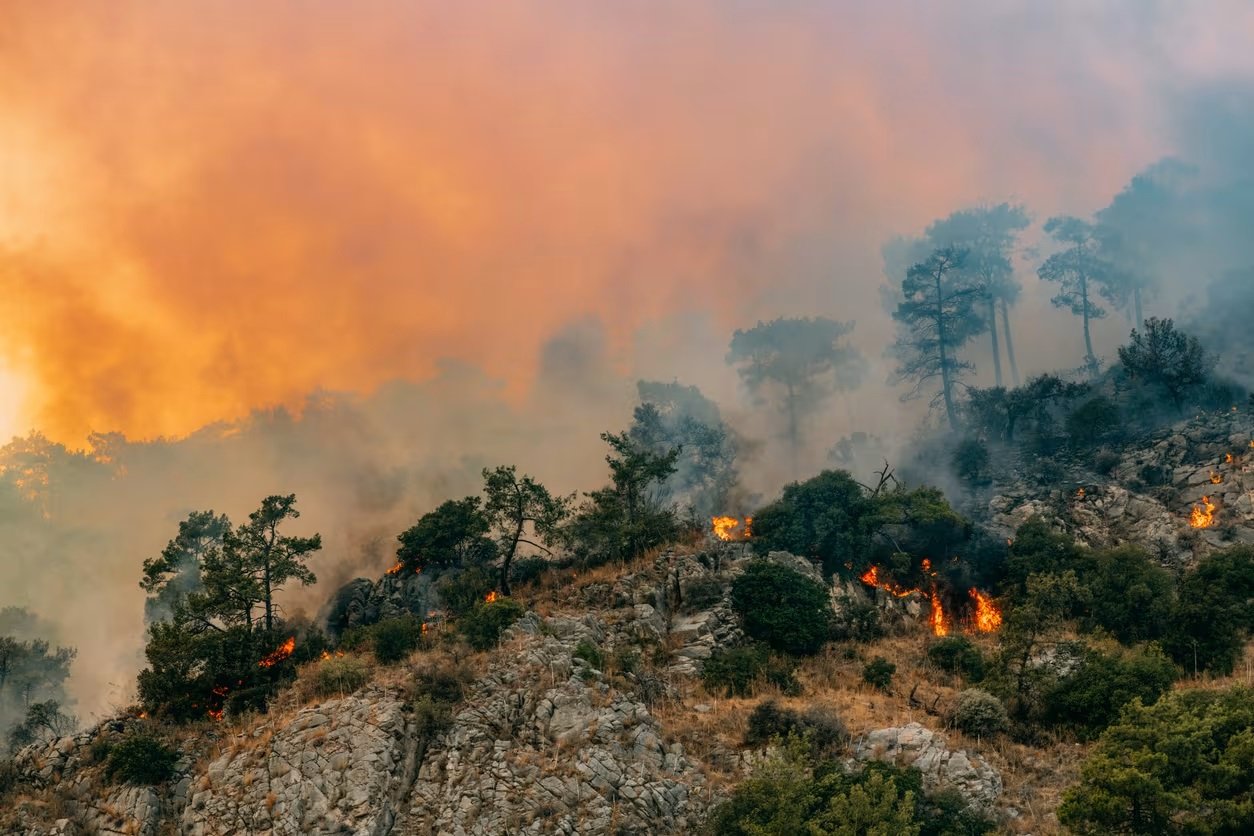
2023 is set to be another year hit hard by climate-related disasters. Photo: iStock.
Global warming is largely caused by the use of fossil fuels. One of the most contentious negotiations at COP28 was the future role of fossil fuels, and whether countries should commit to begin phasing out the use of coal, oil and gas that emit CO2.
Previously at COP26, countries agreed to phase out coal use, but never agreed to eliminate all fossil fuels - the main source of emissions that heat the planet.
The United States, the European Union and many other countries are determined to reach a final COP28 agreement that commits countries to phasing out fossil fuels, but the deal was previously broken at a climate conference in July.
The International Energy Agency (IEA) reported in October that fossil fuels still account for about 80% of total energy use, but investment in clean energy has increased by 40% since 2020.
3. Emissions resolution technology
COP28 is being hosted by the UAE, a significant oil exporter, and many fear that the inconsistent views of COP28 chair Sultan Ahmed Al-Jaber could influence the climate conference agenda and potentially hinder progress in negotiations aimed at phasing out fossil fuels.
Sultan Ahmed Al-Jaber also said that phasing out fossil fuels was “inevitable”. As a result, the UAE and other countries with fossil fuel-dependent economies want COP28 to focus on new technologies designed to capture and store CO2 emissions underground.
While the IEA says these emissions-reduction technologies are vital to meeting global climate targets, they are expensive and not yet widely used. The EU and others fear they will be used to justify continued use of fossil fuels.
To tackle emissions, countries will consider setting targets to triple renewable energy capacity and double energy efficiency by 2030. The proposal, put forward by the European Union, the US and the UAE's COP28 presidency, appears to have broad support.
4. Climate finance
Tackling climate change will require a “massive” amount of investment, far more than the world has budgeted so far.
Developing countries will need at least $200 billion a year by 2030 to adapt to worsening climate impacts like storms and rising sea levels, according to the United Nations. They will also need funding to help them replace polluting energy with clean sources.
There is also the cost of damage caused by climate disasters. At COP28, countries will be tasked with establishing a “loss and damage” fund to help address this.
Developing countries say the fund will raise at least $100 billion by 2030. The huge cost is expected to cause tension in UN climate talks.
Countries vulnerable to climate change want more help to finance their adaptation to a world that is certain to warm in the future, and they want it to be paid for by rich nations that have emitted the huge amounts of CO2 that cause climate change.
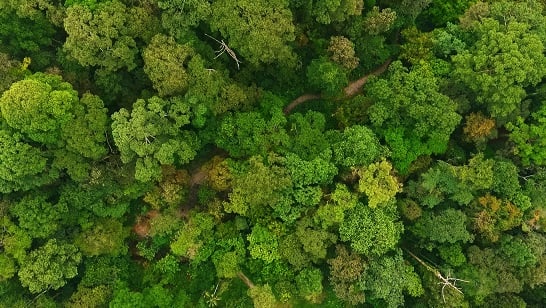
The Amazon rainforest is an important ecosystem. Photo: iStock.
The EU and the US said they would put money into a climate damage fund at COP28, while also talking up the need for private finance. Rich countries are also under pressure to show they are meeting their pledge to provide $100 billion a year to developing countries.
Developed countries have repeatedly promised to mobilize $100 billion a year for developing countries between 2020 and 2025, but have never delivered. The money is intended to help poor countries mitigate and adapt to the impacts of climate change.
5. Forest exploitation problem
In 2021, global deforestation fell by 6.3%. But in 2022, it rebounded to 4%. About 6.6 million hectares of forest were lost last year, an area the size of Sri Lanka.
At COP26 in Glasgow, 145 countries signed a commitment to halt and reverse deforestation and land degradation by 2030 as a measure to combat climate change.
Despite that commitment, the deforestation trend is continuing, which is expected to increase tensions in the negotiations at COP28, especially since Amazonian countries failed to agree on unified deforestation targets at the climate conference in August this year.
Hoai Phuong (according to Reuters, CNA)
Source




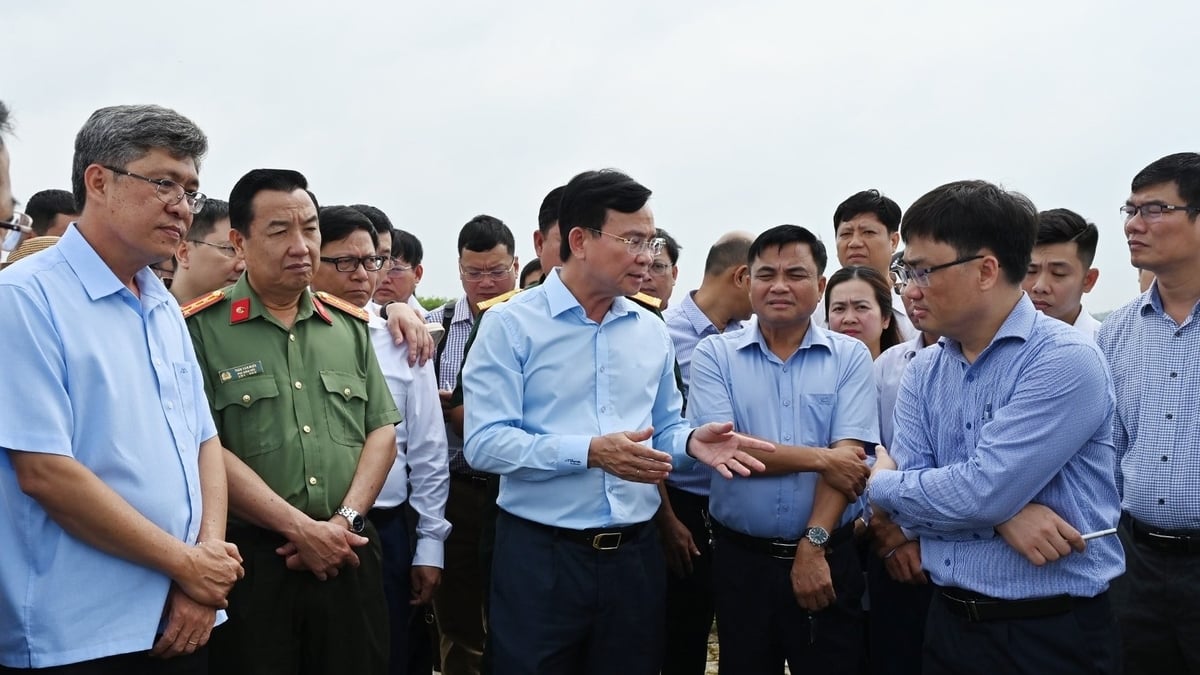






























































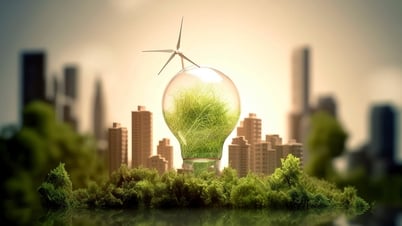
![[Photo] National Assembly Chairman Tran Thanh Man receives Chairman of Morocco-Vietnam Friendship Association](https://vphoto.vietnam.vn/thumb/402x226/vietnam/resource/IMAGE/2025/7/26/b5fb486562044db9a5e95efb6dc6a263)
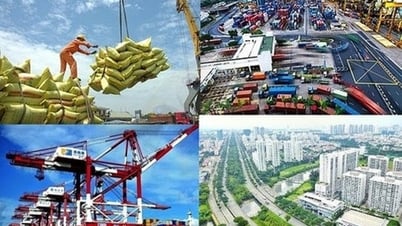
































Comment (0)